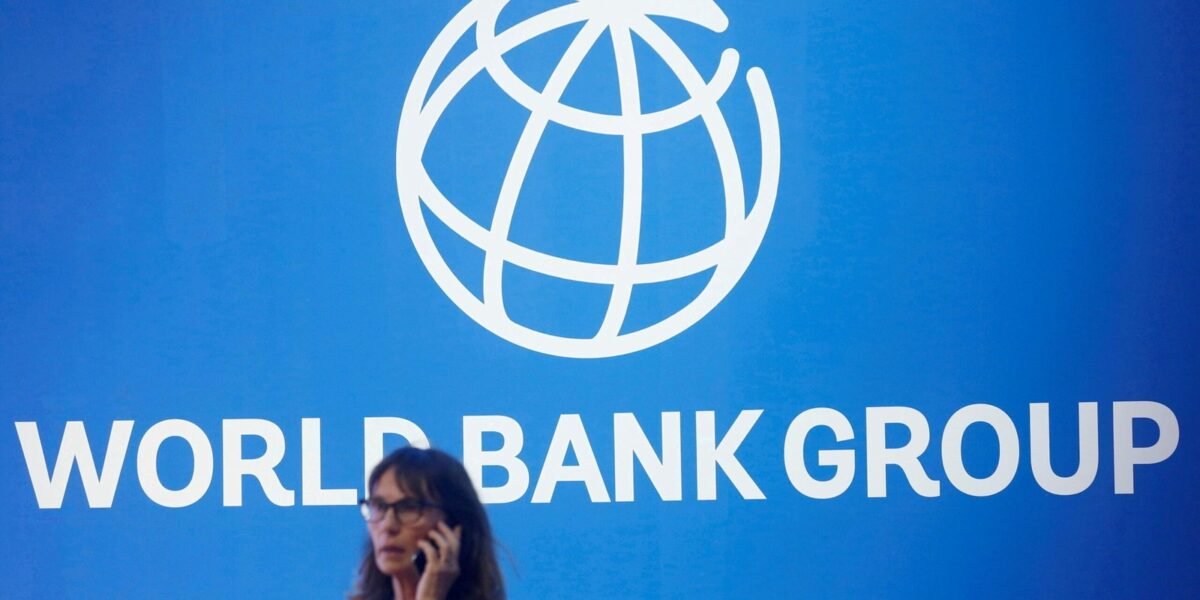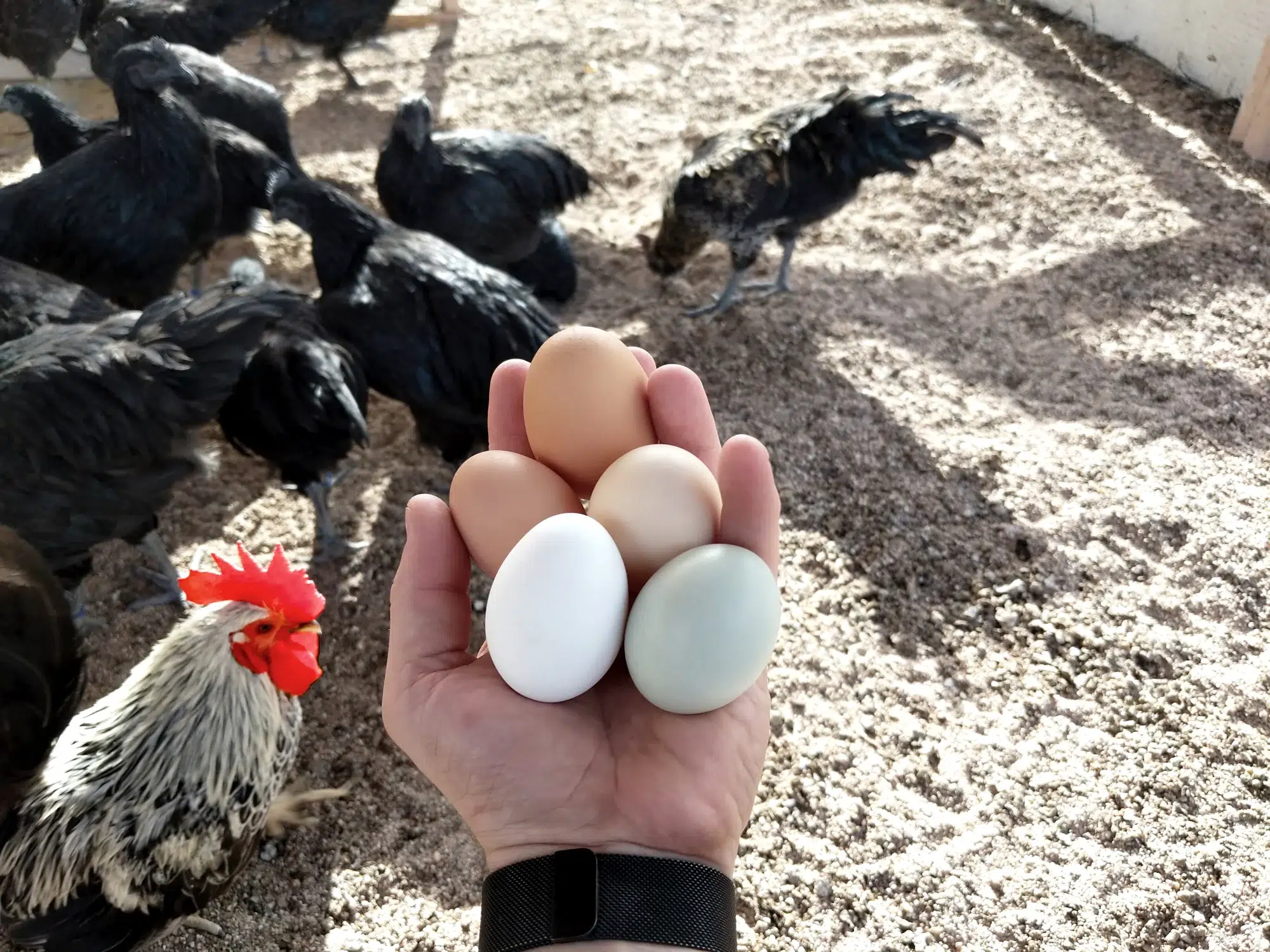The latest Pakistan Development Update from the World Bank has brought attention to the country’s persistent struggle against poverty.
Despite various initiatives, the poverty headcount rate, measured at the poverty line of $3.65 per day in terms of purchasing power parity (PPP) in 2017, is expected to remain at approximately 40 percent from FY24 to FY26.
The report identifies several critical factors that contribute to this stagnation in poverty alleviation. These include sluggish economic growth, stagnant real wages, and consistently high inflation rates.
Significantly, the continuation of measures aimed at managing imports and potential reductions in public spending on social sectors are anticipated to worsen the situation.
This could disproportionately impact impoverished households, already grappling with diminished savings and decreased incomes.
The combination of persistent inflation and uncertainty in policies presents further hurdles, potentially leading to social unrest and adverse effects on well-being.
To address these risks, it is emphasized that increased targeted transfers are vital for protecting the most vulnerable segments of society.
Furthermore, the report cautions about potential repercussions on education and healthcare. The rising cost of living, along with increased transportation expenses, might lead to a rise in the number of out-of-school children and postponed medical treatments, especially among disadvantaged families.
Food security remains a pressing concern, particularly in rural areas affected by natural disasters such as the floods of 2022.
In 43 rural districts spanning Khyber Pakhtunkhwa, Sindh, and Balochistan, severe food insecurity is projected to increase from 29 percent to 32 percent in the second and third quarters of FY24.
Lastly, the report highlights the persistent challenge of poor air quality and smog during the autumn and winter months.
With 71 percent of the population affected nationwide, these environmental hazards continue to pose significant public health risks.

















